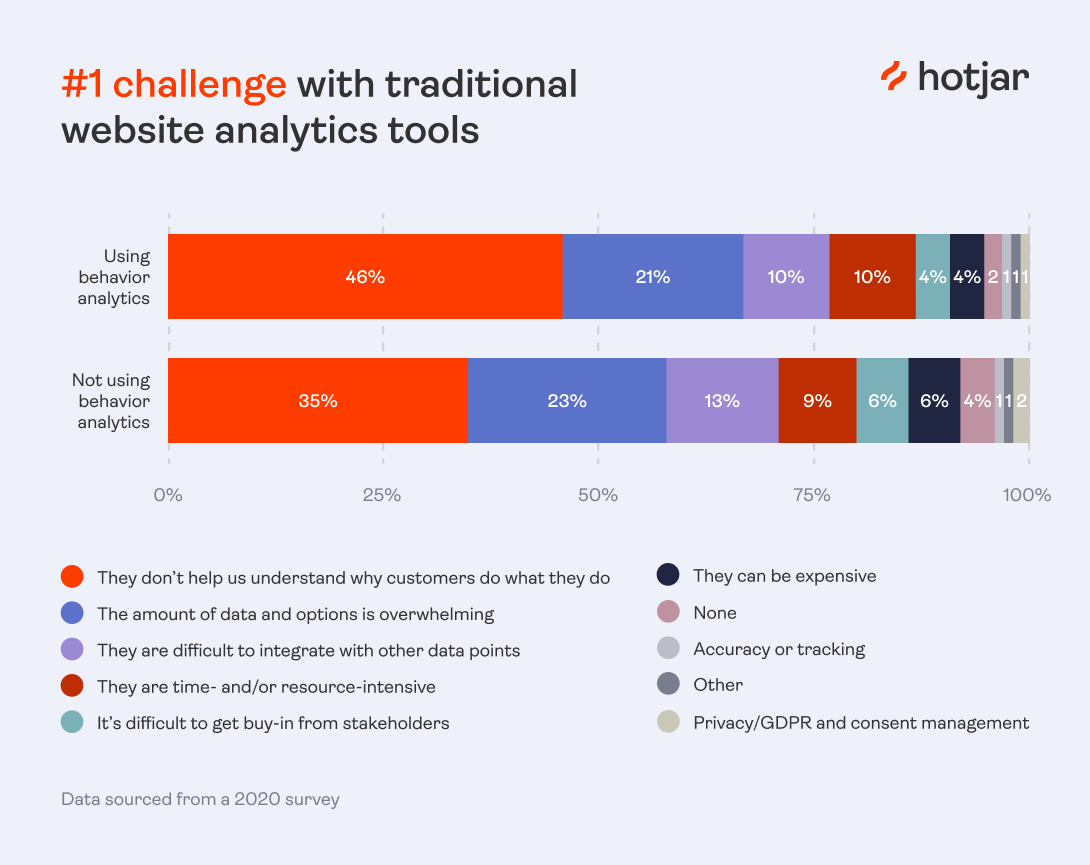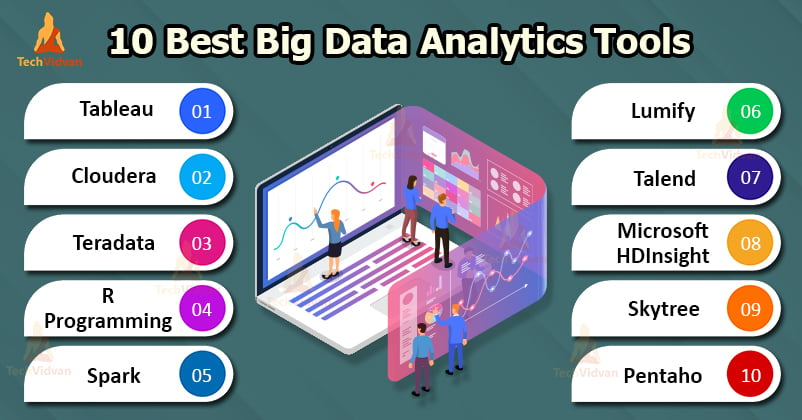Increase Decision-Making Power Via Reliable Analytics Tools
Increase Decision-Making Power Via Reliable Analytics Tools
Blog Article
Maximize Development: Just How Analytics Drive Better Techniques
By harnessing data insights, businesses can refine their functional approaches, prepare for market modifications, and boost consumer engagement. The difficulty lies not just in collecting data however in properly translating it to drive tangible results.
Understanding Information Analytics
Information analytics is a systematic computational analysis of data that enables companies to uncover significant patterns and understandings. This procedure incorporates a range of strategies, including statistical analysis, anticipating modeling, and data mining, which collectively intend to transform raw information right into workable details - Analytics. By utilizing these approaches, companies can make informed choices that are rooted in empirical evidence as opposed to instinct alone
The structure of information analytics depends on its capability to handle huge amounts of info from diverse resources. This consists of structured information, such as databases, and unstructured data, including social networks interactions and client responses. Via the usage of specialized software application and devices, analysts can draw out and process this data efficiently, determining fads and connections that might not be immediately apparent.
Comprehending data analytics likewise includes recognizing the relevance of information high quality and honesty. Dependable and accurate information is critical for purposeful evaluation; thus, organizations have to apply robust information governance techniques. Furthermore, the repetitive nature of analytics enables for constant refinement and renovation of techniques, guaranteeing that organizations continue to be active when faced with changing market characteristics and consumer habits.
Secret Benefits of Analytics

Among the key benefits of analytics is its capability to give actionable insights. Organizations can rapidly evaluate substantial amounts of information, uncovering patterns that may not be promptly apparent. This aids in anticipating market changes and adjusting techniques accordingly. Furthermore, analytics cultivates a society of evidence-based decision-making, minimizing dependence on instinct and uncertainty.
Another significant advantage is improved customer understanding. Analytics devices make it possible for businesses to segment their target market, track customer behavior, and individualize advertising efforts. This targeted approach not just enhances consumer interaction but also drives higher conversion rates.

Implementing Analytics Methods
To fully recognize the benefits of analytics, organizations have to embrace structured methods for execution. This starts with plainly defining purposes that straighten with wider business objectives. By developing details, quantifiable end results, companies can concentrate their analytics efforts on areas that yield the highest roi.
Next, organizations ought to prioritize data administration to make certain browse around this site the integrity and security of the information being evaluated. This includes establishing up methods for data collection, storage space, and gain access to while sticking to pertinent guidelines. Ensuring high-grade data is crucial for producing purposeful insights.
In addition, fostering a society of data-driven decision-making is vital. This calls for training workers to analyze analytics findings and motivating partnership across divisions. They are a lot more likely to incorporate insights right into their day-to-day operations. when teams recognize the value of analytics.
Lastly, companies ought to regularly review and refine their analytics techniques. The landscape of data and innovation is continually developing, and staying versatile will permit companies to take advantage of new devices and methods properly. By implementing these organized strategies, organizations can optimize the impact of their analytics efforts and drive sustainable development.
Tools for Efficient Evaluation
Effective analysis depends on a selection of devices that assist in visit the site the removal of understandings from data - Analytics. These tools can range from easy spreadsheet applications to sophisticated device discovering platforms, each offering an unique function in the analytical procedure
Information visualization software, such as Tableau and Power BI, plays an essential duty in changing complex datasets right into reasonable visual representations. These devices make it possible for analysts to identify fads and patterns promptly, enabling even more enlightened decision-making.
Statistical analysis software application, like R and SAS, uses advanced capabilities for performing comprehensive evaluations, including regression, hypothesis screening, and anticipating modeling - Analytics. These attributes encourage organizations to draw purposeful verdicts from their information, recognizing possible possibilities and threats
Furthermore, database management systems such as SQL and NoSQL data sources provide the essential framework for storing and inquiring big quantities of data efficiently. They ensure that information is organized and obtainable for evaluation.
Lastly, business intelligence platforms incorporate numerous data sources, offering a thorough sight of organizational performance. By making use of these devices efficiently, services can enhance their analytical capacities, allowing them to develop strategies that maximize growth and enhance general efficiency.
Situation Researches of Success
Effective organizations commonly take advantage of data analytics to drive impactful strategies, as shown by a number of notable instance studies. By employing these insights, Netflix has efficiently tailored its content suggestions, resulting in increased user involvement and client retention.

Furthermore, Starbucks uses information analytics to try this web-site figure out ideal shop areas and improve its product offerings. By checking out client demographics and buying patterns, Starbucks successfully recognizes high-potential markets and customizes its menu to neighborhood preferences, driving sales and consumer commitment.
These study highlight that reliable application of data analytics can lead to strategic advantages, cultivating technology and growth within companies throughout various markets.
Final Thought
In final thought, the assimilation of analytics into organizational approaches dramatically boosts decision-making procedures and fosters sustainable growth. The effective implementation of analytics tools additionally sustains dexterity and technology, making it possible for organizations to browse competitive landscapes with higher precision.
Information analytics is a systematic computational analysis of data that makes it possible for organizations to discover meaningful patterns and understandings.Understanding information analytics likewise involves identifying the value of data quality and stability. Precise and trustworthy data is essential for purposeful analysis; hence, companies have to carry out durable data administration techniques.Following, organizations should focus on data governance to ensure the integrity and safety of the information being examined.Effective companies frequently leverage information analytics to drive impactful techniques, as evidenced by several remarkable case research studies.
Report this page